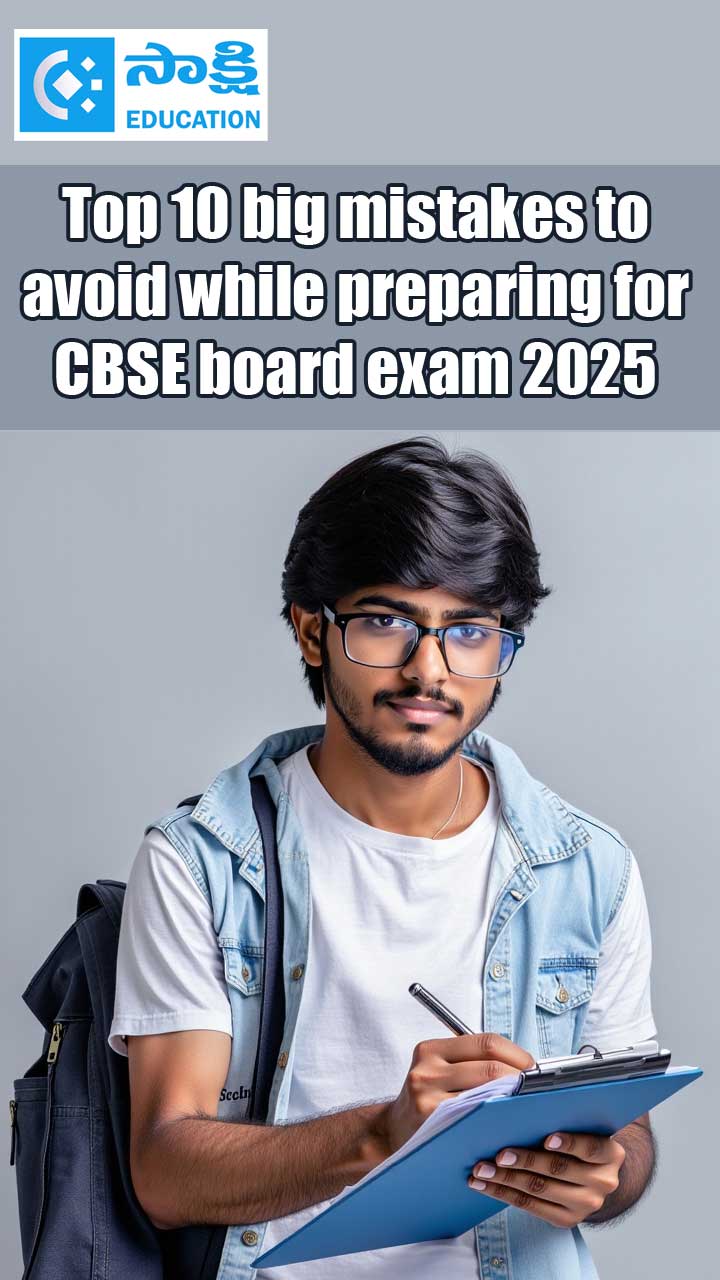APPSC Executive Officer Grade III Exam Pattern & Syllabus 2021
Sakshi Education
The candidates who are searching for the Andhra Pradesh Public Service Commission Executive Officer Grade III Exam Pattern 2021 can check this page.


Executive Officer Grade III Screening Test Pattern 2021
|
|
Subject |
No. Of Questions |
Duration |
Max Marks |
|
Section - A |
General Studies & Mental Ability |
50 |
50 |
50 |
|
Section - B |
Hindu Philosophy & Temple System |
100 |
100 |
100 |
|
Total |
150 |
|||
Note:- As per G.O. Ms. No.235 Finance (HR-I, Plg & Policy) Dept., Dt.06/12/2016, for each wrong answer will be penalized with 1/3rd of the marks prescribed for the question.
Executive Officer Grade III Screening Test Syllabus 2021
Section –A: General Studies & Mental Ability
- Events of national and international importance.
- Current affairs- international, national and regional.
- General Science and it applications to the day to day life Contemporary developments in Science & Technology and information Technology
- Social- economic and political history of modern India with emphasis on Andhra Pradesh.
- Indian polity and governance: constitutional issues, public policy, reforms and e-governance initiatives with specific reference to Andhra Pradesh.
- Economic development in India since independence with emphasis on Andhra Pradesh.
- Physical geography of Indian sub-continent and Andhra Pradesh.
- Disaster management: vulnerability profile, prevention and mitigation strategies, Application of Remote Sensing and GIS in the assessment of Disaster.
- Sustainable Development and Environmental Protection
- Logical reasoning, analytical ability and data interpretation.
- Data Analysis:
- Tabulation of data
- Visual representation of data
- Basic data analysis (Summary Statistics such as mean, median, mode, variance and coefficient of variation) and Interpretation
- Bifurcation of Andhra Pradesh and its Administrative, Economic, Social, Cultural, Political, and Legal implications/problems.
Section –B: Hindu Philosophy & Temple System
- Ramayanam Basic Knowledge about different characters in Ramayanam – Various parts (Kandaas) of Ramayanam – Dynasties mentioned in Ramayanam. Basic Knowledge about various places mentioned in Ramayanam.
- Mahabharatham Basic Knowledge about different characters in Mahabharatham – Various parts (Parvaas) of Mahabharatham – Dynasties mentioned in Mahabharatham.
- Basic Knowledge about various places mentioned in Mahabharatham
- Bhagavatham Basic Knowledge about different characters in Bhagavatham – Various parts (Skandams) of Bhagavatham – Basic Knowledge about various places mentioned in Bhagavatham.
- Hindu Puranams Basic knowledge in various Hindu Puranams – Basic Knowledge about various places mentioned in Puranams.
- Temple Agamas - Different Agamas in Hindu Sastraas:
- Vaishnavam: a) Vaikhanasam, b) Pancharathram, c) Chattada Srivaishnavam,
- Saivam: a) Smardham, b) Adi Saiva, c) Veera Saiva, d) Jangama, e) Kapalika etc.,
- Mother Goddesses: Sakteyam.
- Hindu Festivals that will be celebrated in different parts of India. Classical fine Arts of Indian origin.
- Vedic Culture: Yagnas & Yagams in Vedic Culture – Vedas – Upavedas – Upanishads –Dharmas in different stages of life.
- Different Philosophies & Cults in Hindu Religion and Gurus who Professed Different Philosophies & Cults In The History Of Hindu Religion: Alwars (Vaishnavait Gurus); Nayanars (Saivait Gurus); Sankarachrya (Advaitha); Ramanujacharya (Visishtadvaitha); Madhwacharya (Dvaithadvaitham); Basava (Veera Saiva).
- Family structure in Hindu Society – Adoption – Succession.
- Sources of Income for Temples and Charitable Institutions. Allocation of funds of Endowment Institutions for different purposes. (Section 57 of Endowments Act, 30/87).
- Duties of Executive Officers of Endowment Institutions (Section 29 of Endowments Act, 30/87).
- Basic knowledge on Land Records – Law relating to Endowments Lands, [ROR Act (Record of Rights in Land and Pattadar Pass Book Act) & Sections 75 to 86 of Endowments Act,30/87)]
Executive Officer Grade III Main Exam Pattern 2021
|
|
Subject |
No. Of Questions |
Duration |
Max Marks |
|
Paper I |
General Studies & Mental Ability |
50 |
50 |
50 |
|
Paper II |
Hindu Philosophy & Temple System |
100 |
100 |
100 |
|
Total |
300 |
|||
Executive Officer Grade III Main Exam Syllabus 2021
Paper – I: General Studies & Mental Ability
- Events of national and international importance.
- Current affairs- international, national and regional.
- General Science and it applications to the day to day life Contemporary developments in Science & Technology and information Technology
- Social- economic and political history of modern India with emphasis on Andhra Pradesh.
- Indian polity and governance: constitutional issues, public policy, reforms and e-governance initiatives with specific reference to Andhra Pradesh.
- Economic development in India since independence with emphasis on Andhra Pradesh.
- Physical geography of Indian sub-continent and Andhra Pradesh.
- Disaster management: vulnerability profile, prevention and mitigation strategies, Application of Remote Sensing and GIS in the assessment of Disaster.
- Sustainable Development and Environmental Protection
- Logical reasoning, analytical ability and data interpretation.
- Data Analysis:
- Tabulation of data
- Visual representation of data
- Basic data analysis (Summary Statistics such as mean, median, mode, variance and coefficient of variation) and Interpretation
- Bifurcation of Andhra Pradesh and its Administrative, Economic, Social, Cultural, Political, and Legal implications/problems.
Paper - 2: Hindu Philosophy & Temple System
- Ramayanam Basic Knowledge about different characters in Ramayanam – Various parts (Kandaas) of Ramayanam – Dynasties mentioned in Ramayanam. Basic Knowledge about various places mentioned in Ramayanam.
- Mahabharatham Basic Knowledge about different characters in Mahabharatham – Various parts (Parvaas) of Mahabharatham – Dynasties mentioned in Mahabharatham. Basic Knowledge about various places mentioned in Mahabharatham
- Bhagavatham Basic Knowledge about different characters in Bhagavatham – Various parts (Skandams) of Bhagavatham – Basic Knowledge about various places mentioned in Bhagavatham.
- Hindu Puranams Basic knowledge in various Hindu Puranams – Basic Knowledge about various places mentioned in Puranams.
- Temple Agamas - Different Agamas in Hindu Sastraas:
- Vaishnavam : a) Vaikhanasam, b) Pancharathram, c) Chattada Srivaishnavam,
- Saivam : a) Smardham, b) Adi Saiva, c) Veera Saiva, d) Jangama, e) Kapalika etc.,
- Mother Goddesses: Sakteyam.
- Hindu Festivals that will be celebrated in different parts of India. Classical fine Arts of Indian origin.
- Vedic Culture: Yagnas & Yagams in Vedic Cultur – Vedas – Upavedas – Upanishads – Dharmas in different stages of life.
- Different Philosophies & Cults in Hindu Religion and Gurus who Professed Different Philosophies & Cults In The History Of Hindu Religion: Alwars (Vaishnavait Gurus); Nayanars (Saivait Gurus); Sankarachrya (Advaitha); Ramanujacharya (Visishtadvaitha); Madhwacharya (Dvaithadvaitham); Basava (Veera Saiva).
- Family structure in Hindu Society – Adoption – Succession.
- Sources of Income for Temples and Charitable Institutions. Allocation of funds of Endowment Institutions for different purposes. (Section 57 of Endowments Act, 30/87).
- Duties of Executive Officers of Endowment Institutions (Section 29 of Endowments Act, 30/87).
- Basic knowledge on Land Records – Law relating to Endowments Lands, [ROR Act (Record of Rights in Land and Pattadar Pass Book Act) & Sections 75 to 86 of Endowments Act,30/87)]
Published date : 29 Dec 2021 04:01PM














